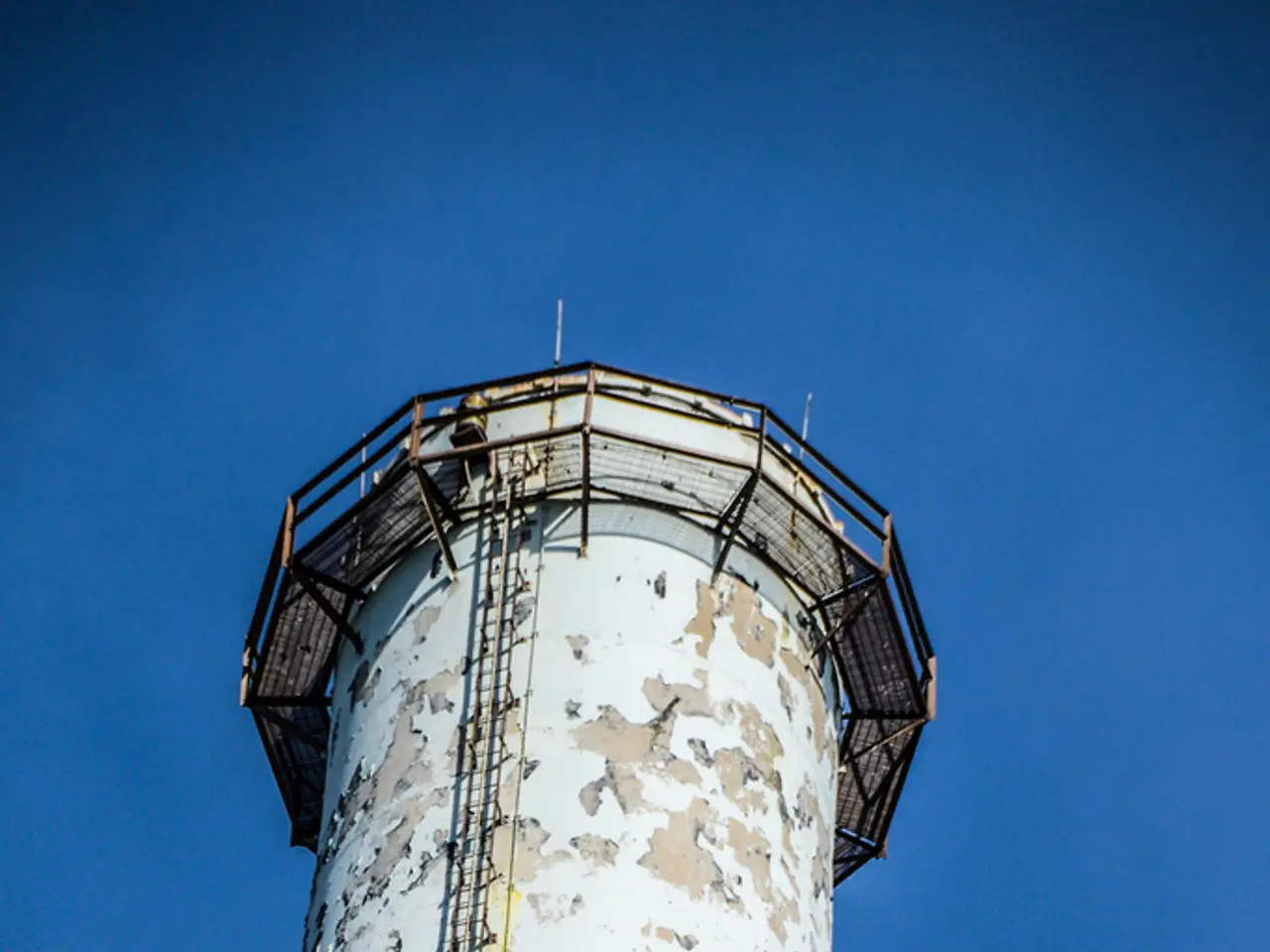Inquiry
In a strategic move to ensure the availability of affordable electric vehicles (EVs) in the US market, General Motors (GM) is temporarily importing Lithium Iron Phosphate (LFP) batteries from Chinese battery giant Contemporary Amperex Technology Co. Limited (CATL). This arrangement is a stopgap measure until LG Energy Solutions, a domestic partner of GM, can start producing these batteries in a Tennessee plant by 2027 [1][4][5].
The imported batteries carry high tariffs, but GM considers this economically viable temporarily to stay competitive and maintain the Bolt EV’s affordability around $30,000 to $35,000 [1][2]. However, this import deal has faced political criticism in the US due to concerns about reliance on a Chinese company linked to China’s military and national security implications, highlighted by US lawmakers pushing for more secure, domestic supply chains [3].
CATL, the largest global battery manufacturer, supplies major automakers including Tesla and GM. However, the company is currently navigating operational challenges in China related to lithium mining permits [2].
The licensing agreement between CATL and GM avoids the problems that a wholly owned or joint owned factory would entail. Under the agreement, CATL will be responsible for building battery production lines, supply chains, commissioning production line equipment, and managing manufacturing processes [6]. In return, CATL benefits from a one-time fee for selling the battery production equipment and building the supply chain, along with ongoing royalties based on the number of batteries produced [7].
Lithium iron phosphate batteries, used in both the Ford and the reported GM deals, are cheaper to produce than Nickel Manganese Cobalt (NMC) batteries and are suitable for producing cheaper EVs. This technology licensing model means that CATL's capital outlay will be less but the profit margins will be higher [8].
Meanwhile, Ford is setting up a joint factory with CATL, scheduled to open in 2026. If the GM deal happens, the resulting factory is likely to open around 2027. The factory, if established, will likely be in either the US or Mexico [9].
South Korean and Japanese battery producers have largely ignored the LFP area, allowing Chinese producers like CATL and BYD to dominate this market. Stellantis-backed Leapmotor is expanding into battery pack supply for other manufacturers, following BYD's lead [10].
The recent US regulations regarding 'foreign entity of concern' (FEOC) may withhold tax credits for EVs if battery components or minerals come from certain countries, including China. This move is a response to the 2022 Inflation Reduction Act, which offers a 7,500 USD subsidy to any EV produced in North America, with 3,750 USD going to the battery producer, so long as components that make up more than half the cost of the battery are produced or assembled in North America [11].
References: 1. GM to import batteries from CATL for Chevy Bolt EV 2. GM to import Chevy Bolt EV batteries from CATL amid tariff concerns 3. U.S. lawmakers call for more secure domestic supply chains 4. GM to import batteries from CATL for Chevy Bolt EV until LG Energy Solutions plant opens in 2027 5. GM to import batteries from CATL for Chevy Bolt EV until LG Energy Solutions plant opens in 2027 6. GM, CATL to collaborate on battery technology 7. GM, CATL to collaborate on battery technology 8. CATL cuts cost of LFP batteries to 400 yuan per kWh 9. Ford-CATL battery plant to open in 2026 10. Leapmotor to expand battery pack supply for other manufacturers 11. US regulations withhold tax credits for EVs with battery components from certain countries
To minimize the cost of electric vehicles (EVs) in the US market, General Motors (GM) is temporarily importing Lithium Iron Phosphate (LFP) battery technology from Contemporary Amperex Technology Co. Limited (CATL), a move aimed at staying competitive and maintaining the affordability of the Bolt EV. This strategic investment in CATL's technology will be economically viable temporarily, despite the high tariffs.
The licensing agreement between CATL and GM is beneficial to both parties, with CATL earning a one-time fee for selling the battery production equipment and ongoing royalties, while GM can produce cheaper batteries using the LFP technology, despite potential challenges in the lithium mining permits in China.




